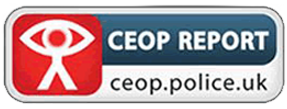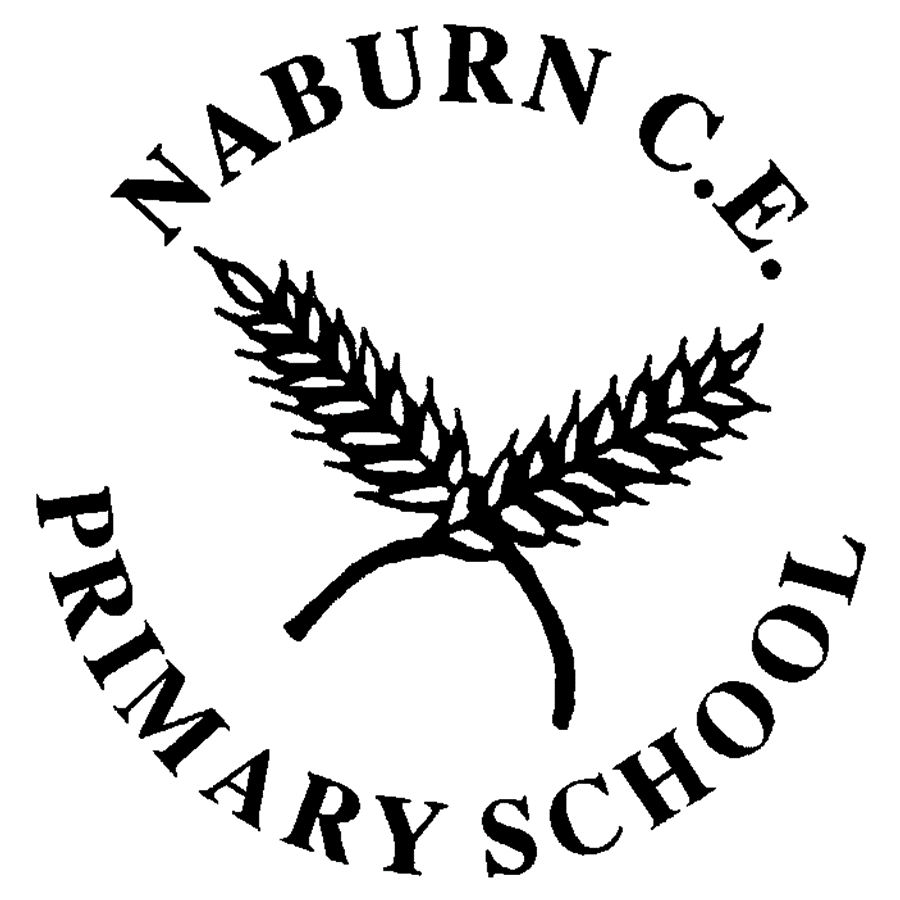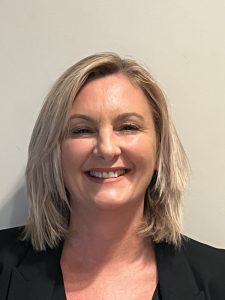We work under the guidance of the Department for Education. Please see ‘Keeping Children Safe in Education – Statutory Guidance for Schools and Colleges Part One‘ and the school’s Child Protection and Safeguarding Policy, available on our Policies & Documents page, for more information.
Parents and carers may request a paper copy of the policy from the office. Families may also find the online safety hub on the TEAL website useful.
Meet the Safeguarding Team
- Mrs Durham – Headteacher & Designated Safeguarding Lead
- Mrs Burton – Acorn Class Teacher & Deputy DSL
- Mrs Noble – Sycamore Class Teacher & Deputy DSL
- Mrs Clark, Chair of Governors – Safeguarding Governor
If you have any concerns about a child or adult at Naburn CE Primary School please contact a member of the Safeguarding team immediately.
Child Protection
Child protection is part of safeguarding and refers to the protection given to specific children who are suffering, or at risk of suffering, harm.
Kate Durham is the designated safeguarding lead, with Clare Burton as deputy designated safeguarding lead and Julie Noble as deputy DSL in training. Anne Clark is the designated safeguarding governor.
The welfare of our children is of paramount importance to all members of our community, and safeguarding is a key responsibility of all staff at Naburn CE Primary School. Teachers and teaching assistants undergo training in Safeguarding which includes includes, but is not limited to, Child Protection and Prevent (the name given to the training which aims to prevent young children becoming radicalised) with the relevant staff also completing training in Safer Recruitment and First Aid. All staff and governors complete a ‘Basic Awareness’ qualification in Safeguarding as part of the induction process.
Staff safeguarding training is completed annually; this training also includes attendees reading and agreeing to the DFE’s Keeping Children Safe in Education (part 1) and the Safeguarding & Child Protection Policy, which can be found in the Safeguarding section on our Policies and Documents page.
Intimate Care
See the Child Protection Policy and the Intimate Care Policy, both on our Policies and Documents page.
Bullying
We work hard to ensure that any instances of bullying are dealt with quickly and followed up over time. We care about all the children at our school and work closely with children and families to give every child the best experience.
For more information see our Anti-Bullying Policy on our Policies and Documents page.
E-Safety
In our modern world, technology poses certain risks that we want to protect our children against.
For more information, please see our Online Safety Policy on our Policies and Documents page and our e-safety page for families, parents and carers, which we regularly add to.
Whistleblowing
Should anybody have any concerns regarding the conduct of any adult within our school community, please refer to the school’s Safeguarding & Child Protection, Complaints and Whistleblowing policies which can all be found on our Policies and Documents page.
CPOMS
At Naburn CE Primary we use CPOMS as part of our approach to Safeguarding. CPOMS is the market leading software solution for monitoring Safeguarding, wellbeing and all pastoral issues. CPOMS (Child Protection Online Management System) helps schools record concerns and incidents, enabling schools to identify trends and patterns, and allowing us to intervene earlier and better support vulnerable pupils.
 CEOP is here to keep children safe from sexual abuse and grooming online.
CEOP is here to keep children safe from sexual abuse and grooming online.
You can make a report directly to the CEOP Safety Centre by clicking on the Click CEOP button if something has happened online which has made you feel unsafe, scared or worried. This might be from someone you know in real life, or someone you have only ever met online. CEOP take all reports seriously and we will do everything we can to keep you safe.
As well as making a report to the CEOP Safety Centre, the CEOP Education website has information and advice to help you if something has happened to you online.
Are you being bullied?
CEOP are unable to respond to reports about bullying but if you’re being bullied and would like to talk to someone in confidence right now you can speak to Childline on 0800 1111 or talk to them online – no worry is too big or too small.





